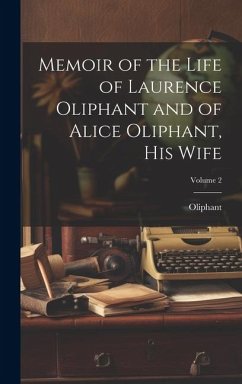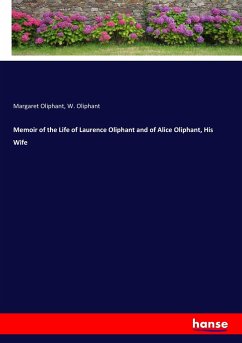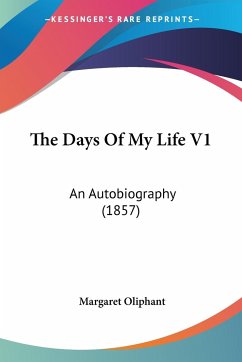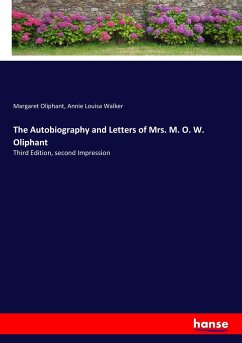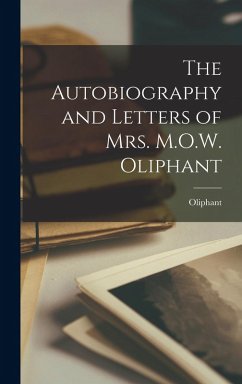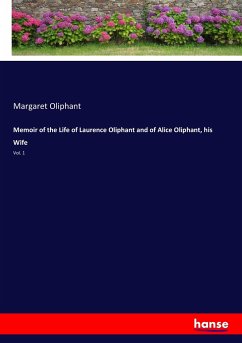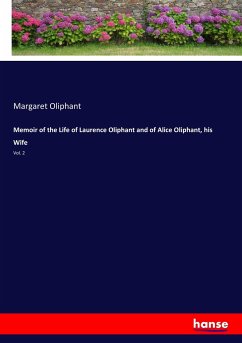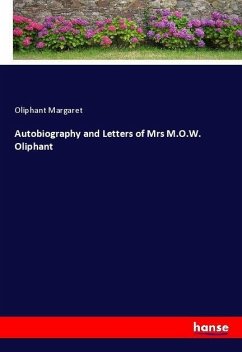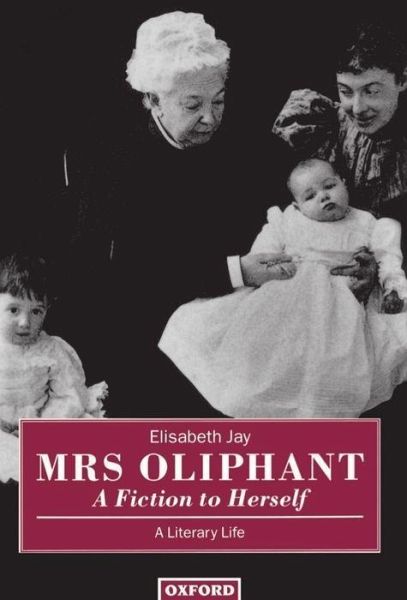
Mrs Oliphant
A Fiction to Herself: A Literary Life
Versandkostenfrei!
Versandfertig in 1-2 Wochen
184,99 €
inkl. MwSt.

PAYBACK Punkte
92 °P sammeln!
'Elisabeth Jay has drawn upon Oliphant's wide-ranging writing in numerous modes, to give a comprehensive and often surprising portrait of the professional Victorian woman writer. This study of Oliphant's career as a professional Victorian writer, of her critical and intellectual interests, and the extraordinary way in which she managed fiction and journalism over her career, will cast a new light on the period. Elaine Showalter, Professor of English, Princeton Univesity.
As an expatriate Scots woman, Mrs Margaret Oliphant (1828-97) started her prolific and accomplished writing career at three removes from the centre of Victorian literary life. Widowed early, and left with not only her own children, but two brothers, a nephew, and two nieces to support, she became keenly aware of the discrepancy between society's assumptions about woman's role and her own position as a female breadwinner in the male-dominated world of nineteenth-century publishing. Out of the contrast between her wryly ironic view of life and the conventions of Victorian fiction came the disconcerting questioning of accepted ideologies of the family, religious orthodoxy, and a woman's place in society that characterizes her writing. Mrs. Oliphant: A Fiction to Herself contains an often surprising portrait of the professional Victorian woman writer. By choosing to interweave the life and the work of Mrs Oliphant, Elisabeth Jay's lucid and comprehensive study raises for consideration the way in which a particular woman writer perceived her own life, and the wider question of whether women writers have been well-served by the mythological structures of male biography.



